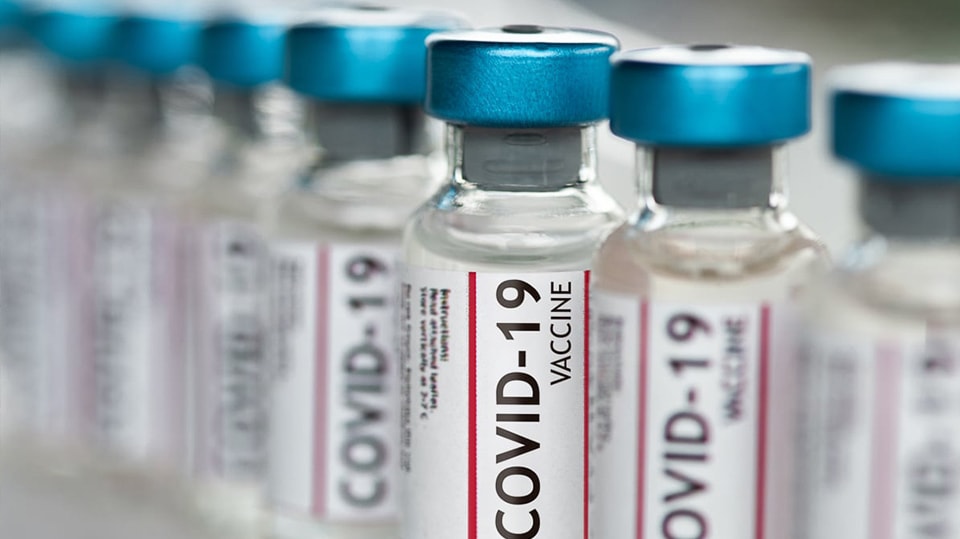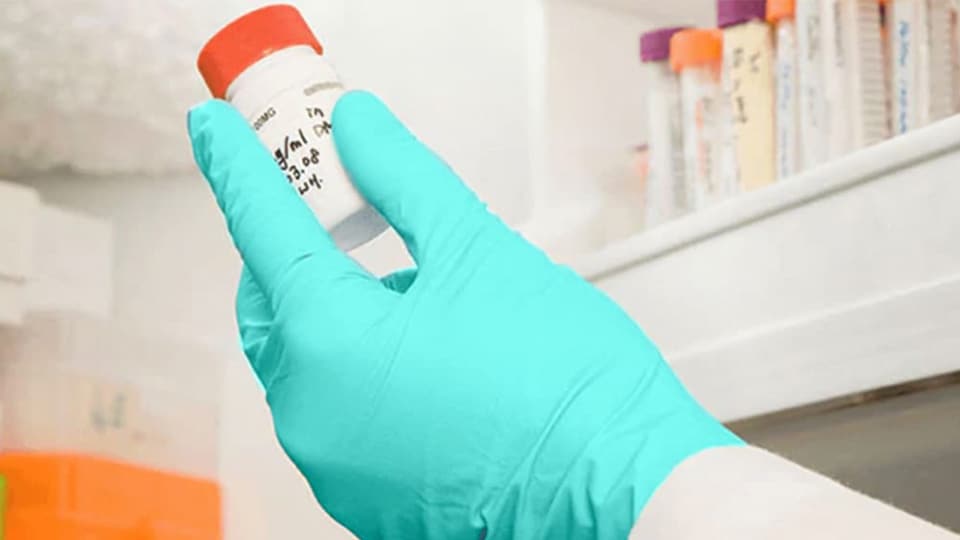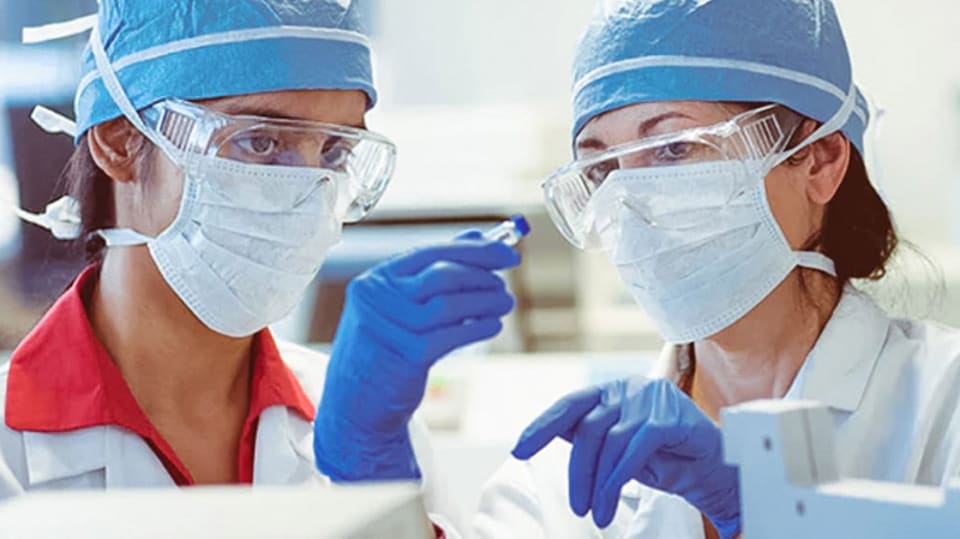As COVID-19 swept the globe, it created critical demand for medical supplies and equipment.
Early in the pandemic, a company in the United Kingdom had a shipment of rubber medical tubing on the way to United States customers. At the request of Operation Warp Speed, the Trump Administration's public-private partnership to confront the pandemic, UPS Healthcare sought to procure the shipment for use by first responders and care facilities.
A GPS tracking technology helped locate the tubing, among thousands of other components, aboard a rail car. With surgical precision, UPSers removed the medical gear, boarded it onto faster transportation, and prioritized its delivery.
It's an example of how novel GPS tracking technology helps healthcare organizations today to move more quickly and surely to support patients and save lives.
Tracking tech isn't new, of course. Today, GPS is imbedded everywhere – in phones, vehicles, and all kinds of electronic devices.
What's emerging in healthcare logistics, though, is deployment of tracking tech into an entire shipping network. As a result, customized levels of service and products based on tracking tech are quietly revolutionizing healthcare logistics.
It comes at exactly the right time. Healthcare itself is in the middle of a revolution, as emerging biologics have displaced traditional drugs to make up more than half of the 50 best-selling pharmaceuticals.
These time- sensitive, temperature-sensitive, organic-based medicines require a cold chain that must be precisely maintained and monitored. Thanks to GPS and other sophisticated technologies, the status and location of sensitive shipments can be known minute by minute.
Customized levels of service and products based on novel GPS tracking are quietly revolutionizing healthcare logistics.
At UPS Healthcare, for example, UPS® Premier offers a portfolio of service options supported by next-generation sensor and tracking technology — an express lane for critical healthcare shipments. Features include enhanced shipment visibility, real-time monitoring by a 24/7/365 control tower, and tech-enabled priority handling.
Innovative logistics providers are even using novel tracking tech to transform parts of their traditional operations into dedicated healthcare supply chains — a network-within-a-network.
Networks within networks, like UPS® Premier, use scanners, bar codes, and tags (active and passive) to communicate shipment status. Think of it as an Internet of Packages. Shipments "talk" with sensors and with technicians, relaying real-time temperature, location, time in transit, in-flight or ground trajectory, and other vital statistics.
The most advanced networks blend GPS and cellular, Bluetooth/WiFi, multi-radio/LoRa (a low-power, wide-area network protocol), and RFID (radio frequency identification) technologies to assure visibility and status of healthcare shipments.
The electronic array means that a temperature-sensitive biologic sitting on a hot tarmac in California during fire season can alert the network if it's in trouble. Teams intervene, grab the package before it crosses a threshold, then refrigerate it or add dry ice.
The technology also conveys urgency — operators know where to place priority packages for transportation, so they're unloaded first and fastest.
As healthcare relies more and more on shipment — and protection — of high-value and high-sensitivity products, supply chain networks with revolutionary GPS tracking technology clearly offer more value.
Advanced GPS tracking technologies provide distinct advantages for healthcare logistics:
1. Readiness
The ability to know real-time status allows companies to make better decisions. When will the next shipment of drugs arrive? Who needs to be staffed and ready in distribution? Do special measures need to be taken? Supply chains can be better planned and prepared with better tracking tech.
2. Security
Some drugs cost $80,000 per dose. Some drugs are addictive. Companies want to know the status of products like these at all times, with monitoring that can indicate the locations and movements of individuals who handle or oversee them. A GPS tracking umbrella allows active or passive monitoring... and offers the best assurance that shipments arrive where they should.
3. Performance
Tracking data allow users to learn things they didn't know about their networks. What's the optimal route for a healthcare shipment? How many stops? How many times is a shipment handled? Can fuel be saved with alternate routing? The best tracking tech helps control manpower costs and improves ground planning — a green element. Novel tracking tech also enables contingency planning for times when things don't go as expected ...or for bigger projects.
4. Sales and Reputation
Use of a top-flight GPS tracking system builds trust with patients and customers. A firm with advanced tracking capability wins business over one that doesn't. Tracking is a selling tool and a reassurance tool.
Contact us to learn more about how to better protect your critical healthcare shipments with advanced tracking solutions.





